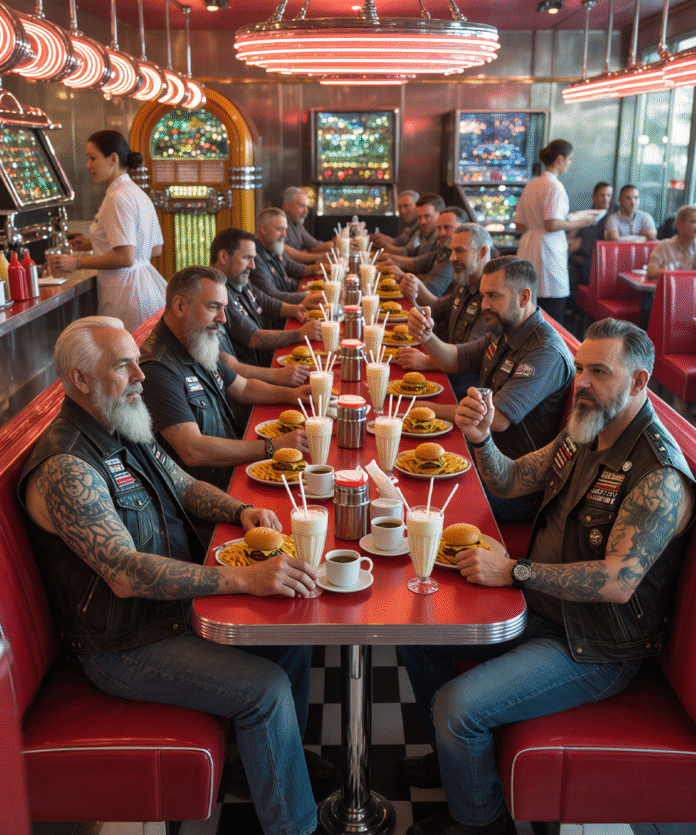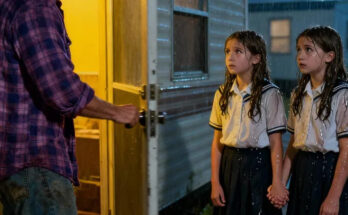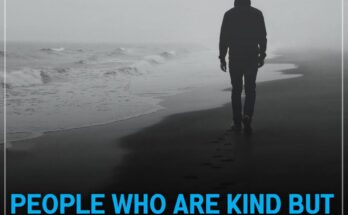A true story of fear, courage, and what family loyalty really means
The night it all began, the bell above the diner door didn’t jingle—it screamed. In rolled twenty bikers, leather jackets, steel boots, and the smell of gasoline and road dust trailing behind them. They filled every booth like a thundercloud of noise and heat.
My boss took one look, muttered something about “inventory,” and slipped out the back door.
That left me. Alone. A waitress in a small-town diner. Them in leather.
For the first hour, I convinced myself it was fine. They ordered burgers and fries, argued over milkshake flavors, laughed like oversized high school kids. One with a beard that brushed his chest even complimented the coffee. My fists unclenched.
But then their leader leaned in, his voice gravel on gravel, and I heard two words that made my plates shake in my hands: Henderson Creek.
The abandoned quarry. The place people whispered about when they wanted to talk about where things disappeared.
A Photograph on the Table
I hovered nearby with a coffee pot as cover. The leader slipped something from his vest pocket, slid it across to another man. He opened it halfway. My heart stuttered.
Not a map. A photo.
A boy with a gap-toothed grin. Eight years old.
Daniel. Missing. Day three. His face had been on posters stapled to telephone poles two counties over.
The dishes in my hands turned into anvils. My stomach dropped. I thought of the quarry. Of night. Of a child alone. My thumb hovered over 9-1-1. But what would I say? “The scary bikers in my diner kidnapped a missing boy”? They’d call it prejudice, not proof.
I needed more.
The Napkin That Changed Everything
I forced myself back out, towel hiding my shaking hands. “More coffee?” I asked.
The leader nodded. The photo lay face up, Daniel’s grin slicing through me.
They finished their food, stacked bills on the table, and filed out. The bell shrieked again. Silence fell.
Under the tip, I found a folded napkin. Not the photo. Notes. Scrawled fast, desperate:
- Sheriff Miller — no help (“ran away”).
- State Police — “wait 48 hrs.”
- Frankie’s garage — alibi holds.
At the bottom, circled three times: Richard Henderson.
My boss.
The quarry’s name. His name. His hasty exit when the bikers came in. Not fear. Recognition.
The Call That Changed the Story
There was a phone number on that napkin. Beside it, one word: Grizz.
It was a bad idea to call. But I dialed anyway.
A gruff voice answered. “Yeah.”
“I’m the waitress,” I whispered. “You left a napkin. You circled Richard Henderson. He’s my boss.”
Silence. Wind across the receiver. Then urgency: “Where are you?”
Minutes later, two bikes rolled into the lot. The leader, Grizz, bent down to my car window. His eyes weren’t cruel. They were exhausted, burning with something deeper.
“Tell me everything.”
So I did. Henderson’s vanishing act. The quarry. The posters.
Grizz listened, jaw tight. Then he said quietly: “Daniel is my grandson.”
Henderson Creek
We turned off the highway onto a dirt road, the kind that rattles your bones. A chain across the quarry gate snapped under bolt cutters.
The bikes spread out into the trees. No roaring engines now. Only quiet purpose.
“You can stay with the cars,” Grizz told me.
I shook my head. “I need to see this through.”
A shack squatted near the pit. A sliver of yellow light spilled from its grimy window. Inside, a man’s voice rasped: “No one’s coming for you, kid. They’ll never find you here.”
Two bikers hit the door. Wood splintered. I froze on the porch.
Then I saw him. A small figure darted from the shadows, launching into Grizz’s arms.
The roar I expected never came. Instead, silence. A giant of a man fell to his knees, clutching his grandson, burying his face in the boy’s hair as if he could stitch the world whole again by sheer force of love.
Behind them, bikers dragged Richard Henderson into the open. Police were called. Sirens rose in the distance. Henderson was cuffed, pale and sputtering. Daniel was wrapped in a blanket, checked by paramedics with the gentleness of a prayer.
Dawn painted the hills pink as Grizz stood by my car, Daniel’s hand locked in his. “If you hadn’t called…” He trailed off.
“You saved him,” I whispered.
Grizz shook his head. “You did.”
What Came After
The diner shut down temporarily—police tape across the door, endless statements. Henderson’s assets were seized, the building due for auction.
A month later, the club returned. Not for burgers this time. They’d bought the place. And they handed me the keys.
“Not Henderson’s anymore,” Grizz said, sliding a wooden sign from the truck bed. Sarah’s Place.
They wore tool belts instead of leather that day. Painted walls. Fixed wiring. Brought in a jukebox that spins Springsteen at noon and Ella on rainy nights.
When the diner reopened, the line stretched down the block. And the bikers? They became my regulars.
Now they fill the booths with loud laughter and quiet kindness. They patch flats in the parking lot, drop off coats for winter drives, and teach kids how to change a tire on Saturdays. Daniel sits in the corner with his homework, chewing pencils down to nubs, sipping chocolate shakes.
The town learned what I learned: you can’t judge a heart by a jacket. People are not costumes. They are choices.
The Napkin’s True Meaning
That night, I thought the napkin was a threat. It wasn’t. It was a record of people who failed to listen—and proof of a family who refused to stop searching.
Life isn’t divided neatly into good guys and bad guys. The line runs through every one of us. What matters is the choice you make when a child disappears and the world tells you to wait.
Sometimes the people who look the scariest are the ones carrying the flashlight into the dark. Sometimes the family you choose finds you in a fluorescent-lit diner at midnight. And sometimes the shriek of a bell isn’t a warning at all.
It’s a call to hope.



